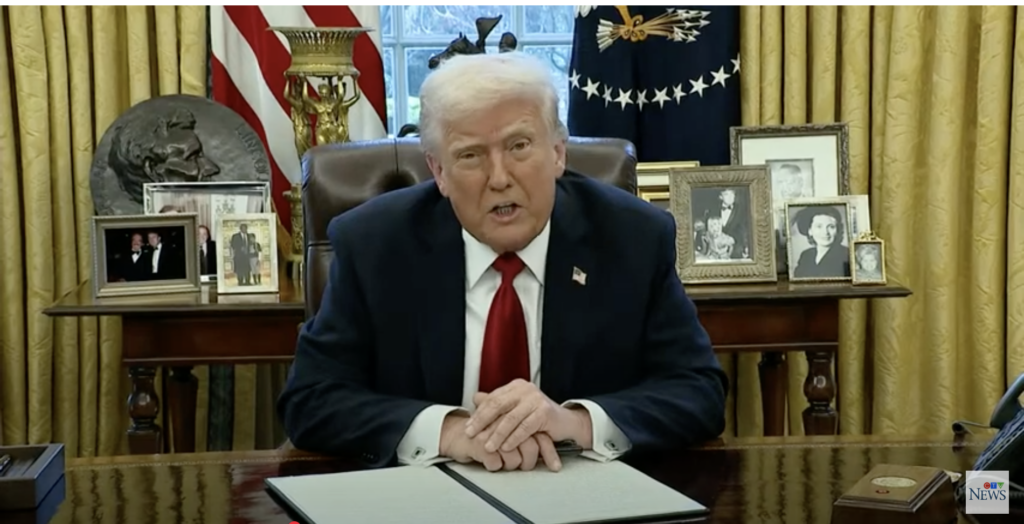‘The American Conservative’ Tried To Warn Us
It would not be an overstatement to say I’ve been waiting for this book for almost 20 years. I was an undergraduate at the University of Virginia. I had many conservative instincts, but wasn’t sure where I stood during the early years of the global war against terror. My classmate suggested that I look into a lesser-known magazine founded by Pat Buchanan, a populist conservative. This, my friend suggested to me, could help me clarify my political uncertainties and help me find a more cohesive brand of conservatism.
Twenty-two years later, The American Conservative published its first issue. “Main Street Conservatism: The Future of the Right,” This collection of essays was edited by Emile Doak, Executive Director and Helen Andrews. It shows how ahead-of-its time TAC really was. “We believe conservatism to be the most natural political tendency, rooted in man’s taste for the familiar, for family, for faith in God,” Scott McConnell, Founding Editor of the magazine, wrote the editorial in the October 2002 issue.
Not that others in the conservative movement were particularly supportive of TAC’s mission. David Frum at National Review labeled TAC’s founding editors “Unpatriotic Conservatives.” The Weekly Standard’s Bill Kristol Publicly he expressed his disapproval Buchanan, who he described to be representing, said that Buchanan was his representative “the peasants.” Max Boot Who now risibly calls themselves himself You can find more information at “former conservative,” Iraq War Skeptics accused of Antisemitism
And yet, Doak observes in his preface “The Republican Party in 2022 much more closely resembles Pat Buchanan’s vision than George W. Bush’s.” It would be a good idea, however. “Main Street Conservatism” is less a victory lap than an articulation of the continued relevance of TAC’s emphasis on “ideas over ideology,” TAC has shown remarkable insight on four issues, which include foreign policy, American culture and politics, as well as faith and family.
Foreign Policy
Six months before the United States invaded Iraq in March 2003, Paul W. Schroeder wrote in TAC’s pages that even if we were successful in toppling Saddam Hussein, America would be “saddled with the new responsibilities of occupying, administering, rebuilding, democratizing, and stabilizing Iraq … tasks of unreckoned costs and manifold difficulties…” This 15-year project was actually successful End up costing taxpayers over $2 trillion and hundreds of thousands of civilians in Iraq. Our military lost about 35,000 soldiers, with approximately 4,500 of those deaths. Nor did foreign policy wonks well appreciate Schroeder’s warning that the global war on terror, or GWOT, would do more damage to America and the world than it would to terrorists in far-flung places where they possessed little ability to threaten our borders. Libya, anyone?
It’s also arresting to remember the expansive quality of the neoconservative foreign policy vision in those early years of the GWOT. Buchanan reported in a March 2003 piece that prominent neoconservatives, such as Bill Bennett, Norman Podhoretz or Richard Perle, urged President Bush to strike not only Iraq but Syria and Hezbollah. To suggest,
" Conservative News Daily does not always share or support the views and opinions expressed here; they are just those of the writer."





Now loading...